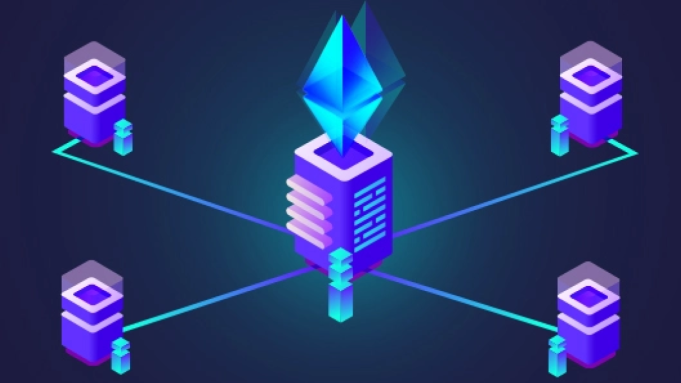Smart contracts have been around since the 1990s, and they have recently gained attention due to their role in the cryptocurrency space. A smart contract is a program that runs on a blockchain and contains specific rules that are enforced by computer code. They are highly secure, immutable and trustless, allowing two parties to make a commitment without requiring trust between them. The most popular implementation of smart contracts is on the Ethereum Virtual Machine, allowing for the creation of Decentralized Applications (DApps).
What Are Smart Contracts?
Smart contracts are computer programs that execute tasks when certain conditions are met. They are stored on a distributed blockchain and executed by the nodes on the network. Not to be confused with legal contracts, smart contracts are simply deterministic snippets of code that perform operations when triggered. The two main components of a smart contract are the code, written by its creator, and a digital address that serves as an identifier for the contract. Deployment of a smart contract is done through a blockchain transaction.
Key Features
Ethereum-based smart contracts are distributed, deterministic, autonomous, immutable and customizable. They are distributed over all nodes of the Ethereum network, unable to be altered after deployment, and their code can be tailored to fit a variety of purposes. Furthermore, smart contracts are trustless, meaning that parties interacting with them don’t have to trust each other, as the contract is enforced by code. The code is also transparent, so anyone can view the source code of a smart contract.
Upgradability
There is potential to make smart contracts upgradeable by dividing them into multiple smaller contracts, some of which are mutable and others immutable. In this way, ‘delete’ functions can be enabled while ensuring that other parts of the code remain intact. An upgradeable smart contract offers more flexibility to its creator, allowing them to make changes without needing to deploy a new one.
Advantages and Use Cases
Smart contracts offer a multitude of advantages, such as increased transparency, efficient execution and reduced operational costs. For this reason, they are used in many different applications, such as tokenized assets, voting systems, crypto wallets, decentralized exchanges, and games. Furthermore, they play a role in the fields of healthcare, charity, supply chain, and decentralized finance (DeFi).
ERC-20 Tokens
Many blockchain companies issue tokens on the Ethereum network, following the ERC-20 standard, which describes the core features of all Ethereum-based tokens. Smart contracts are able to automate the exchange of funds and the distribution of tokens in a secure and cost-effective way, providing the basis of most Initial Coin Offerings (ICOs).
Limitations
The code of smart contracts is written by humans and can, therefore, have errors or vulnerabilities. Additionally, they are immutable, meaning that changes to the code are unable to be made after deployment. This immutability can lead to a ‘code is law’ situation, as in the instance of The DAO in 2016, which resulted in a hard fork of the Ethereum network. Furthermore, their legal enforceability is uncertain, as they do not fit the current legal framework.
Criticism
Although blockchain enthusiasts see smart contracts as a technological revolution, they do have their detractors. Namely, it is argued that centralized solutions are cheaper and more efficient in several aspects, such as speed and interoperability. There is also the view that smart contracts are not suitable for many real-world problems and that conventional, server-based alternatives can provide most of their features.
Conclusion
Smart contracts are powerful tools that are likely to serve many applications in the future. However, their limitations and uncertain legal status prevent them from becoming the norm in society. Nevertheless, blockchain technology and smart contracts have the potential to change our society and revolutionize the way we interact.













